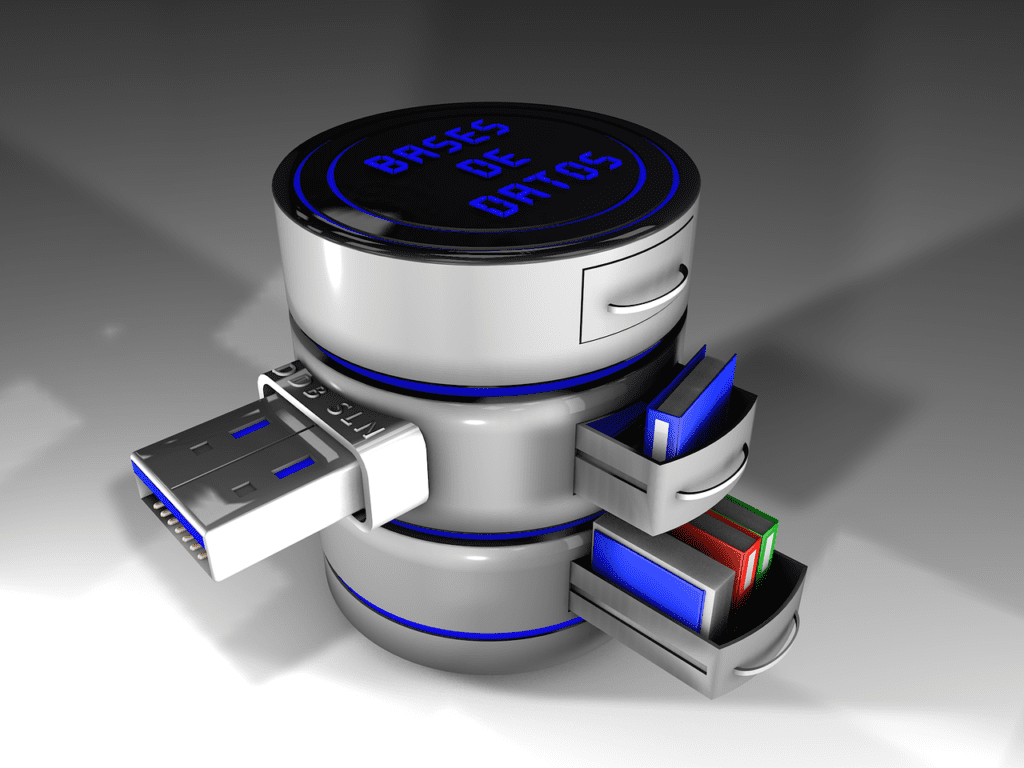MySQL and PostgreSQL are one of the most popular database management systems between current users. Both of them are powerful and can be used for a variety of purposes. A lot of common features are available in MySQL and PostgreSQL.
At the same time each has its own unique functionality. In this article, we will discuss the differences between these two popular database systems.
Post Contents
RDBMS vs ORDBMS
There are two basic types of database systems that you could use: relational database management systems (RDBMS) and object-relational database management systems (ORDBMS).
PostgreSQL is an object-relational database management system (ORDBMS) while MySQL is a relational database management system (RDBMS).
RDBMS is a kind of database management system (DBMS) that stores information about database tables. A relational database is used to store data that is organized according to a relational model.

The data is stored in tables, which are made up of rows and columns. Each row represents a particular item that has been entered into the database.
The columns correspond to the attributes of the rows, and they can be used to retrieve data from the rows in a specific order. For example, in a table of customers, each row would correspond to a customer and the columns would contain the names of the various services the customer received.
An ORDBMS is a DBMS that allows you to store data about database tables in objects. An object-oriented database is designed to store and organize information about the real world.
An object-oriented database organizes data using objects, which are similar to physical objects in the real world. The information is stored in tables, which are made up of records, attributes, and subobjects.
Records correspond to objects and contain attributes, which represent properties and relationships among the objects.
Subobjects are classes that describe a specific type of object. An object-oriented database usually stores data in a hierarchical logic, which means that the data is arranged by category and by subcategory.
MySQL vs PostgreSQL
There are various other differences between MySQL and PostgreSQL. When you are making a decision about which one to use, there are a few more essential factors to consider.
If you want to choose the right database, you have to think about what you will be doing with your database, and you must take into account the size of the data.
One of the main factors that is typically considered – the licensing cost. However, there are some other factors that you need to study when deciding which database management system to use.

These factors include the user interface (UI) of each database management system, the performance of the database management system and the level of security that it provides.
The availability of support for multiple languages is another factor that you need to remember. Last but not least, the factor that has to be on your list is the availability of support for multiple platforms.
Let’s start from PostgreSQL. PostgreSQL is supported by a large community and is used by a large number of companies. It is considered to be one of the most stable and popular open source databases.
PostgreSQL is highly scalable which is considered to be an essential advantage in comparison to its competitors. It is a free database system for UNIX-based operating systems. PostgreSQL has been designed for large-scale applications.
It is compatible with several programming languages. It is a full-featured relational database management system (RDBMS) that supports SQL and object-relational mapping (ORM). PostgreSQL uses a schema-less architecture, unlike MySQL.
On the other hand, the MySQL database management system is one of the most popular RDBMS. It is a free database software. It is used by many companies because of its high performance and stability.
There are many advantages to using the MySQL database management system. It is very fast and reliable. It is very suitable for smaller organizations as it is easy to start and work with. In contrast, PostgreSQL is more complicated and less user-friendly.
MySQL has a bit more limited feature set, but it has a very powerful feature called stored procedures. MySQL also has a wide range of various auxiliary mysql database management tools, which significantly saves time spent on routine tasks, improves the quality of the final result and increases productivity.
Conclusion
Summing up, it is worth noting that when choosing a system for managing databases for your business or personal use, you should build on your current projects and needs.
Since each of the considered database management systems has long proved its strength in the market, using any of them, you can not go wrong.






























